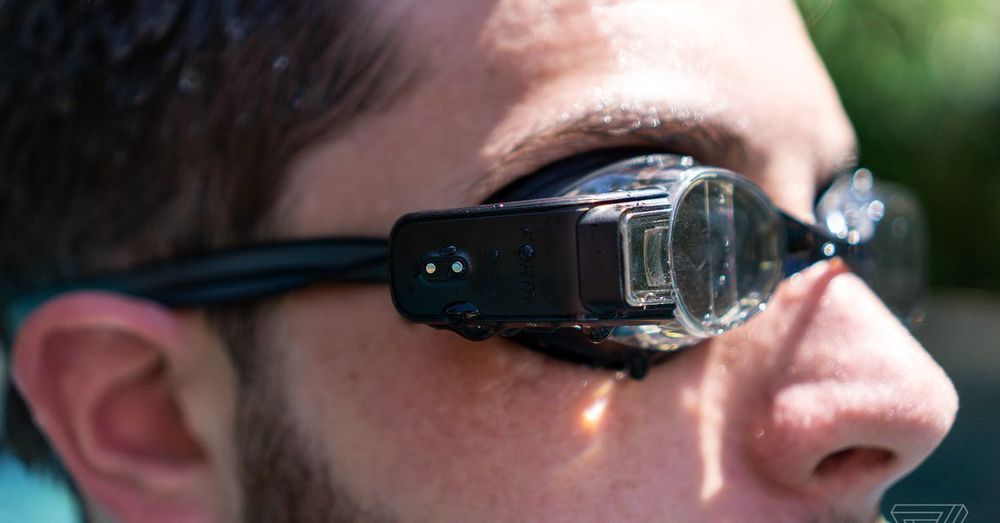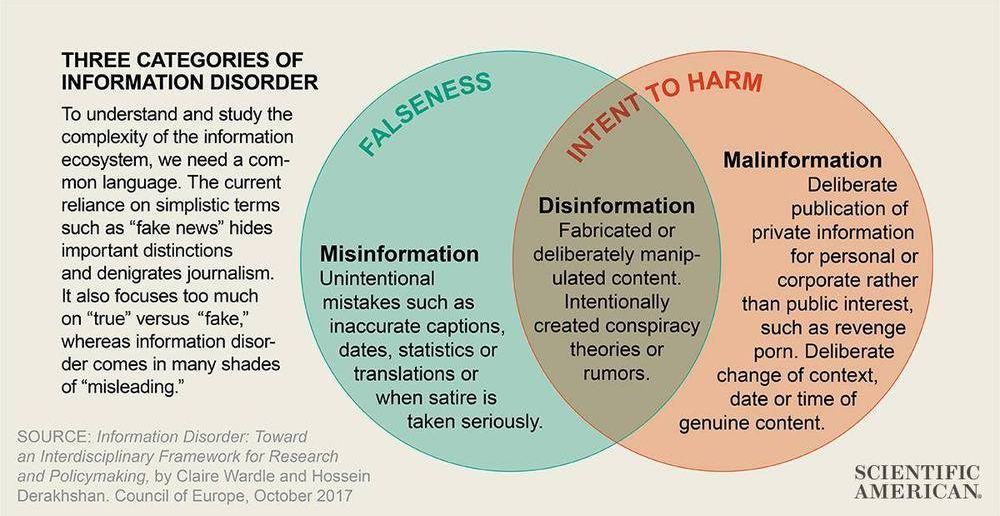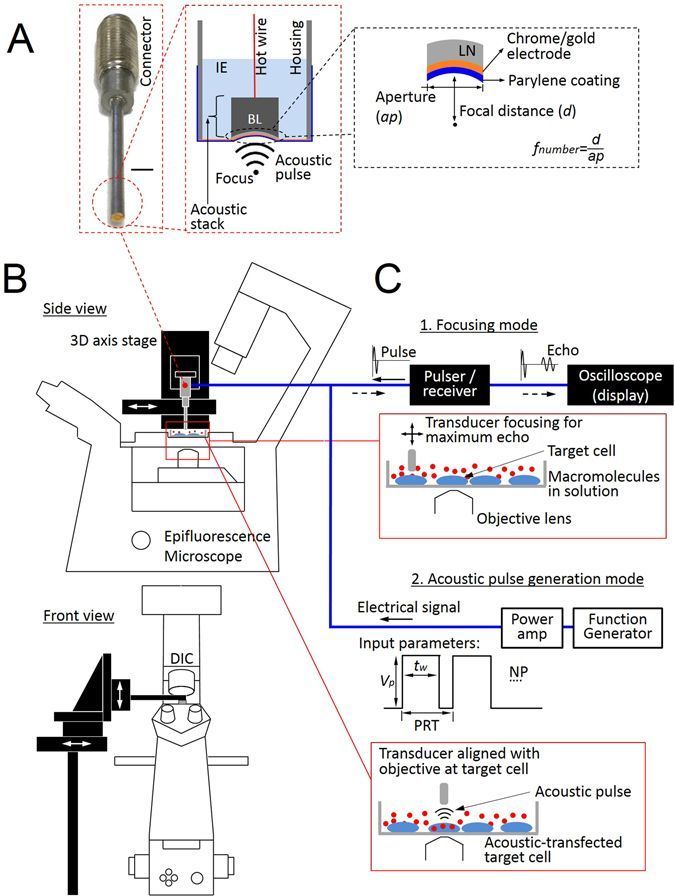Aug 21, 2019
University of California awarded new U.S. CRISPR-Cas9 patent
Posted by Genevieve Klien in categories: biotech/medical, genetics
BERKELEY, Calif., Aug. 20, 2019 /PRNewswire/ — Today, the U.S. Patent and Trademark Office has awarded a new patent (U.S. 10,385,360) to the University of California (UC), University of Vienna, and Dr. Emmanuelle Charpentier covering nucleic acid molecules encoding single-molecule guide RNAs, as well as CRISPR-Cas9 compositions comprising single-molecule guide RNAs or nucleic acid molecules encoding single-molecule guide RNAs.
Over the past six months, UC’s U.S. CRISPR-Cas9 portfolio has sharply increased, and to date includes 11 separate patents for methods and compositions related to the gene-editing technology. Looking ahead, UC anticipates at least six additional related patents issuing in the near future, bringing UC’s total portfolio to 17 patents and spanning various compositions and methods including targeting and editing genes in any setting, such as within plant, animal, and human cells. The portfolio also includes patents related to the modulation of transcription.
“The USPTO has continually acknowledged the Doudna-Charpentier team’s groundbreaking work,” said Eldora L. Ellison, Ph.D., lead patent strategist on CRISPR-Cas9 matters for UC and a Director at Sterne, Kessler, Goldstein & Fox. “True to UC’s mission as a leading public university, the patent granted today and others in its CRISPR-Cas9 portfolio will be applied for the betterment of society.”


















